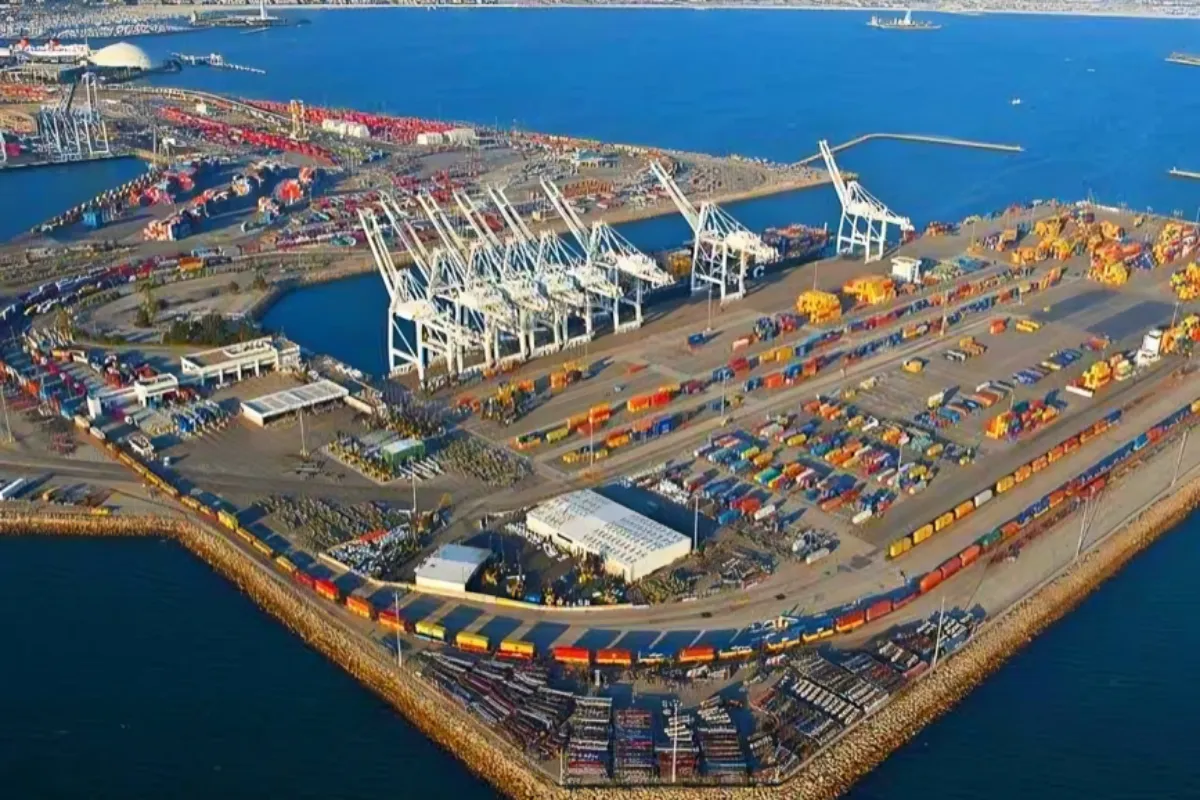As India is engaged in a bitter border standoff with China in eastern Ladakh sector, Chief of Defence Staff Gen Bipin Rawat warned Pakistan against any “misadventure” in the western sector, saying Islamabad could suffer “heavy losses”.
India is well-prepared to face a coordinated threat from Pakistan and China as Beijing continues to lend support to Islamabad in Pakistan occupied Kashmir (PoK) on the economic, military and diplomatic front, Indian Chief of Defence Staff Gen Bipin Rawat said on Thursday.
He said the armed forces have planned for the two-front threat. “We have devised strategies to deal with the primary front,” he said, and that the other front will be “secondary”.

The Chief of Defence Staff spoke extensively about how Pakistan has been engaged in a proxy war against India and pushing terrorists into Jammu and Kashmir, attempted to spread terrorism in other parts of the country.
The CDS said India’s military strategy to deal with a twin challenge would be based on identifying a primary and a secondary front for conducting operations.
We want peace and tranquillity across our borders. Off late, we have been seeing some aggressive actions by China but we are capable of handling these. Our tri-services are capable of dealing with threats along our frontiers, he added.
We want peace and tranquillity across our borders. Off late, we have been seeing some aggressive actions by China but we are capable of handling these. Our tri-services are capable of dealing with threats along our frontiers, he said.

His comments came on a day when Indian Army chief General Manoj Mukund Naravane reached Leh for a two-day security review of the Ladakh sector where India and China armies have deployed almost 100,000 soldiers and weaponry in their forward and depth areas.
He also backed the ‘Quad’, a grouping of India, the US, Australia and Japan, as a “good mechanism” to ensure freedom of navigation in the Indian Ocean-Pacific region.
India’s wants the Quad to become a system to “ensure Freedom of Navigation (FoN) and Freedom of Navigation Operations (FONOPS)” in the Indian Ocean and around, he highlighted.











